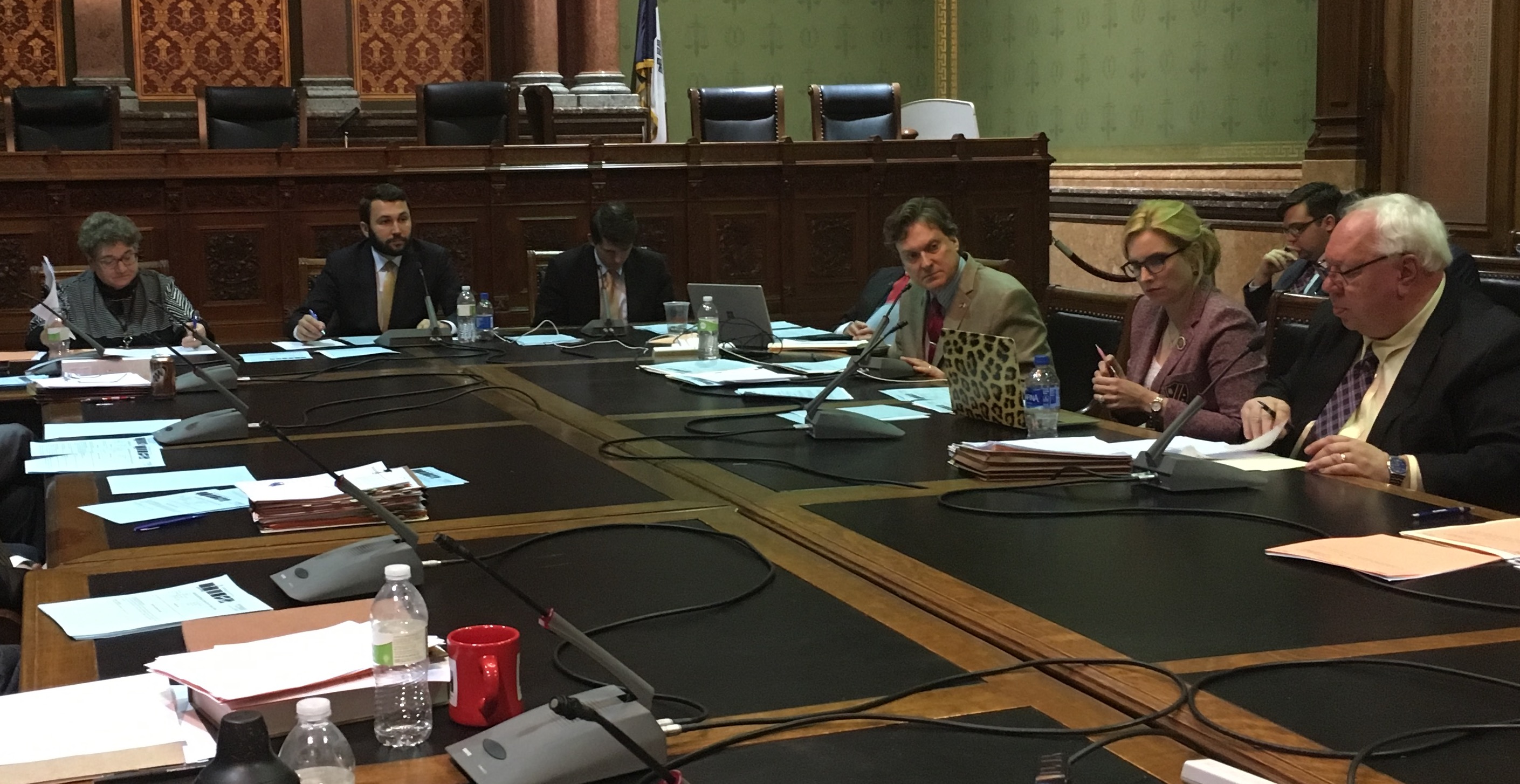David Yepsen has a good column in Sunday’s Des Moines Register urging Iowa’s political parties to improve the caucus system. He reasons that Iowa is less likely to retain its first-in-the-nation status if our state parties do not correct some of the flaws in the caucus process.
I would go further and state that Iowa does not deserve to remain first unless the parties make some changes in the caucus system. Actually, if I were in charge of reforming the nominating process, I would ban caucuses for the purposes of presidential selection. The parties in Iowa will never adopt primaries, though, because of New Hampshire’s law stating that it must hold the first primary.
After the jump I’ll go over the reforms Yepsen proposes, which would go a long way toward addressing the flaws in the Iowa caucus system. I will then add a few ideas of my own.
For background, here are links to the diaries I wrote last year on the Iowa caucus system:
How the Iowa caucuses work, part 1 (basic elements of the caucus system)
How the Iowa caucuses work, part 2 (corrects an error in part 1 and discusses who is over-represented and who is under-represented when delegates are counted)
How the Iowa caucuses work, part 3 (why it’s hard to turn out caucus-goers)
How the Iowa caucuses work, part 4 (more about why caucus turnout is low)
How the Iowa caucuses work, part 5 (on second choices and caucus math)
How the Iowa caucuses work, part 6 (on how precinct captains help their candidates before caucus night)
How the Iowa caucuses work, part 7 (why it’s hard to figure out how well the candidates are doing in Iowa)
How the Iowa caucuses work, part 8 (on the many ways to win your precinct)
How the Iowa caucuses work, part 9 (analyzes common arguments made in favor of the caucus system, along with my response to those arguments)
Continue Reading...


